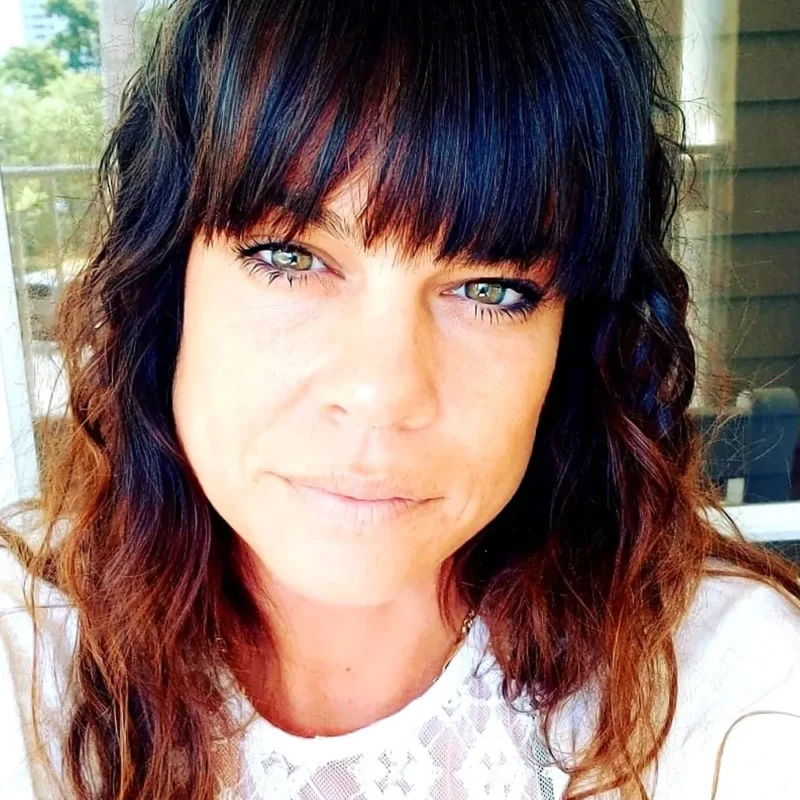Inpatient Treatment For Substance Use Disorders
Recovery is within reach with Recovery Unplugged Residential Treatment Services for addiction and mental health.
RESIDENTIAL Treatment
PROGRAMS AT A GLANCE
How and why inpatient treatment for substance abuse disorders work
Research has shown that residential treatment is associated with decreased substance use. We believe this is because residential treatment provides a stable environment where our clients can be free of distraction so they can focus on their recovery.
At Recovery Unplugged, a variety of evidence-based treatments are employed during residential treatment. Treatment plans are determined based on the client’s preferences, needs, and the evaluation of our staff. These treatments often include music therapy, cognitive behavioral therapy, medication-assisted treatment, and more.
Efficacy of inpatient treatment for substance abuse disorders
Many clinicians, patients, and advocates feel that residential treatment is a critical first step in the recovery process, especially for those with more severe SUD, because it provides immediate safety and stabilization and minimizes or eradicates the chances for use of alcohol/drugs. And the literature indicates that those who attend residential treatment appear to experience improvements in substance use, mental health, and broader social outcomes.
Some evidence suggests that residential treatment is especially effective for people who use certain substances, such as opioids. These populations typically require the intensity of care that is only available in a residential treatment facility.
Residential Treatment and the Continuum of Care
At Recovery Unplugged, we strongly believe that there is no “one-size-fits-all” approach to treatment for mental health issues, substance use disorders, or co-occurring diagnosis.
Every client who undergoes treatment at Recovery Unplugged first completes a pre-assessment. Based on this assessment, the Clinical Director and Treatment Team determine the appropriate Level of Care for the client.
Once the appropriate level of care is determined, the care each client receives is individualized based on:
- The results of the client’s multidimensional biopsychosocial assessment based on ASAM Criteria
- The client’s perceived needs
- The determination of the multidisciplinary treatment team
When the client has completed the goals on their treatment plan and/or has stabilized in recovery to such an extent that they can complete the treatment process at a less restrictive level of care, the client will transition to a lower LOC.
ASAM Assessment and the Continuum of Care
The ASAM Criteria is the most widely used and comprehensive set of guidelines for placement, continued stay, transfer, or discharge of patients with addiction and co-occurring conditions.
Using the ASAM Criteria in conjunction with Recovery Unplugged clinical staff’s professional judgment enables us to provide outcome-oriented, results-based care in our addiction treatment.
ASAM outlines various levels of care based on the outcome of the 6 ASAM dimensions assessment. These levels of care are on a scale ranging from 0.5 to 4, with 4 being the most intensive.
At Recovery Unplugged, when the client has completed the goals on their PHP treatment plan and/or has stabilized in recovery to such an extent that they can complete the treatment process at a less restrictive level of care, such as our Intensive Outpatient Program, the client will transition to a lower LOC.
What our Alumni Say
-

Sarah S.
I had the desire to stop using, but I couldn’t stop. That’s when Recovery Unplugged came into my life and it all changed. Recovery Unplugged helped spark that light in me again. I sing every single day now.
Continuum of
care at a glance

Is an intensive outpatient program right for you?
Individuals who abuse substances are likely to have other interrelated problems in addition to their substance use issues. Services to address these issues may be fragmented across several agencies.
It may be difficult to access help with treating certain issues without the assistance of a case manager who is knowledgeable about service providers. This is especially true since case managers for addiction treatment have the ability to access these different services. Thus, case managers help patients prioritize needs that can’t be provided by an intensive outpatient treatment program.
Outpatient treatment for drug or alcohol addiction can be very successful, particularly if the patient is a willing participant. Intensive outpatient programs are important parts of the sequence of care for substance use disorders. In fact, an intensive outpatient treatment program is just as effective as inpatient treatment for most people.
Make the next move to help yourself or someone you love. We customize our inpatient and outpatient treatment programs to meet your needs.
Our intensive outpatient program allows you or your loved one to learn more than just sobriety. We get lives back to their full potential and provide individuals with continuous monitoring to keep them on track.
